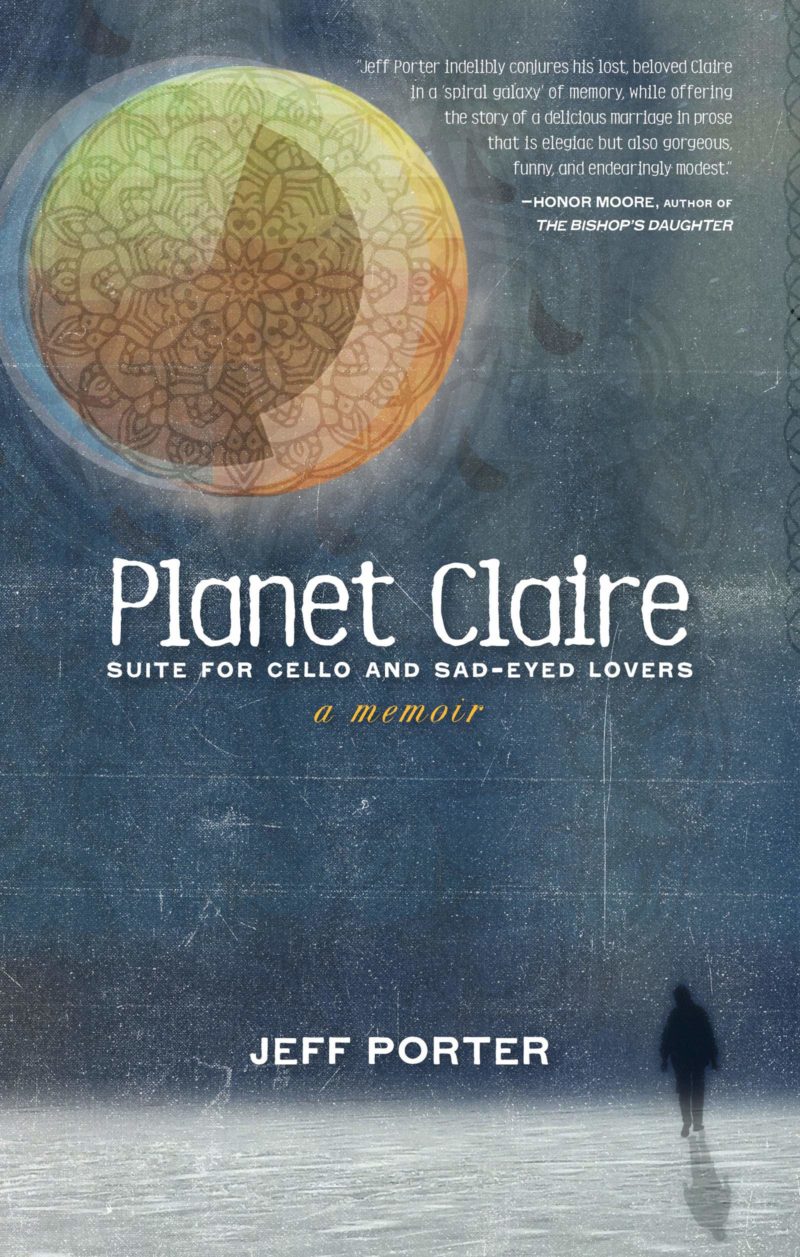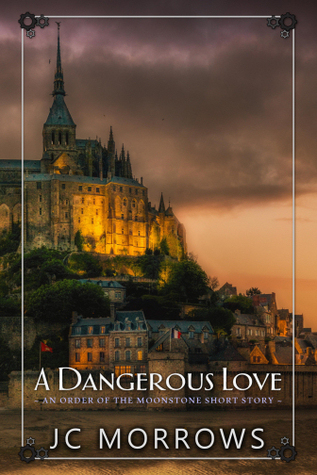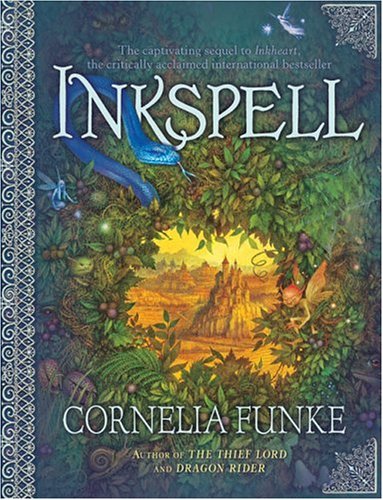[button color=”black” size=”big” link=”http://affiliates.abebooks.com/c/99844/77798/2029?u=http%3A%2F%2Fwww.abebooks.com%2Fservlet%2FSearchResults%3Fisbn%3D9780140074314″ target=”blank” ]Purchase here[/button]
The Neverending Story
by Michael Ende
translated by Ralph Manheim
This 1979 German best-seller (original title Die Unendliche Geschichte) crossed the Atlantic when I was a child and became, among other things, the basis for two movies. I don’t remember the sequel very well, but I loooooved the original movie when I was a pale, flabby, cowardly boy of around 10 years old, just like the story’s hero: Bastian Balthazar Bux.
If you think that’s a cool name, there are more where it came from. This book is (well, partly) all about names. But it’s also about the way the magical world of make-believe — the world that exists in stories — depends on people in our world to keep it going. AND VICE VERSA. Which is a theme I’ve been harping on ever since I started writing for MuggleNet!
So maybe there’s a hint of “clap your hands if you believe in fairies” in it. You’ll have to take it up with the author (who died in 1995, by the way). There’s more to it than that. This is a mind-blowing children’s fantasy-adventure which we read, at first, through the eyes of a lonely little boy who has stolen the book from a used book dealer and gone into hiding in the attic of his school. But then, in one of the greatest fantasy twists ever, Bastian finds himself becoming a character in the story!
At first the story-within-a-story is exciting enough: the quest of a heroic 10-year-old “greenskin” named Atreyu to find a cure for the illness that threatens the life of the Childlike Empress. For as she weakens, the horrible Nothing takes over more and more of the magical land of Fantastica. And if she dies, all of Fantastica will cease to exist. Through many adventures, joined by a beautiful Luck Dragon named Falkor, Atreyu learns that the only way to cure the Childlike Empress is for someone from the real world — our world — to give her a name. And that someone happens to be Bastian Balthazar Bux.
Though it goes against everything he considers possible, though he is terrified and ashamed, Bastian enters the land of Fantastica, gives the Childlike Empress her new name, and becomes the savior of the world that is The Neverending Story. So much for the first movie, but that’s only the first half of the book. And what it says, particularly at its climax, about the vital connection between fantasy and reality, is worth noting. For the world of stories isn’t merely an “escape” from reality. The health of one world depends on the health of the other. When people refuse to enjoy stories and imagination, they do not learn to be good people in reality, nor do they learn to distinguish truth from lies. Perhaps crime, tyranny, immorality, and every kind of human misery (the kinds inflicted by humans, at least) can be traced to a loss of acquaintance with the “unreal” world that teaches us to understand and live in the “real.”
The second half of the book begins after Bastian has entered Fantastica, and has been given a magical talisman with the power to make his wishes come true. Set at liberty to do what he pleases, he wanders that marvelous land and enriches it with his stories and names, which become reality. He accumulates friends and followers, and he reinvents himself as more of the kind of person he would like to be — handsome, brave, strong, etc. But with every wish he gets in the land of magic, he loses a piece of himself, a portion of his memory from the real world. And in time, he begins to lose control over the things he wishes for. This brings about one of the most heartbreaking disasters penned by mortal man, and the growing danger that Bastian will forget everything about himself before he can find his way home.
The story swarms with fabulous creatures, memorable characters, scenes and episodes and settings that explode off the page. At times the idea of falling into the story doesn’t seem so far-fetched! What more could you ask for? There is terror and suspense, tragedy and humor, friendship and loss, a grand tournament, and a bloody battle. You will meet a werewolf, an evil sorceress, a suicidal horse, a wise mule, a Many-Colored Death, a swamp of sadness, and a fountain of life. You will chew your nails over the disastrous progress of our hero, and probably shed tears by the end.
And perhaps, from this lesser-known second half of the book, you will learn another lesson about the world of stories: you can lose yourself there, and that is bad. But if you return to the real world, if you remember what is real, you can bring back gifts from the world of imagination that will make the real world a better place. In the moving words of Carl Conrad Coreander, near the end of the book: “If I’m not mistaken, you will show many others the way to Fantastica, and they will bring us the Water of Life.”
Of course the movie looks quite dated now. But the book is still beautiful, still moving, and still inviting youngsters to plunge into its amazing fantasy world. Buy it or borrow it (don’t steal it), and stay up all night reading it. It won’t let you down.



